Frequently asked questions
Answers to common questions about our unique approach.
FAQ.
Entrepreneurs build businesses. But what is so different about how entrepreneurs approach challenges?
Entrepreneurs think differently, and more importantly, do differently. They have hands-on success building businesses, a track record of applied creativity, a laser focus on what matters, and an owner’s perspective. They’ve got the lessons one must battle through a field of mistakes to acquire. They’ve built their businesses and they’re not career consultants. You can trust them to tell it as it is.
One study of consumer innovation, reported in Bloomberg, found only 16% of recent major innovations come from corporates. The other 84% comes from entrepreneur-led startups and small businesses.
How does OneLeap’s approach combine entrepreneurs and strategists?
Guided by our proven methods, our entrepreneurs work alongside our multi-disciplinary team of strategists, transformation consultants and leadership experts, and your own senior teams. This combination ensures our entrepreneurial perspective translates into sustained impact in a large corporate context. The result is a fresh, powerful and distinctively “sleeves-rolled-up” approach to growth and innovation.
Why do successful entrepreneurs want to work with you (and us)?
Entrepreneurs are by nature curious people who love solving difficult problems. Many have limited corporate experience (as you’d expect) and are curious about the inner workings at the top of large companies.
All enjoy engaging with fresh challenges with other smart people and the chance to make an impact. They are compensated for their time, looked after and involved in short, sharp bursts of maximum impact. What’s not to like?
Can you just connect us straight to some entrepreneurs?
No. We’ve experimented with this and it doesn’t work. To get the impact you want and the calibre of entrepreneurs you need, they must be engaged on focused challenges in short, structured interactions (see question one).
To make this happen, our strategy team needs to spend time upfront with your team on problem definition, planning and developing materials. The alternative is like trying to create a Hollywood film with a few actors and a camera, but no script or crew.
The exception is occasional speaking and event engagements with long running clients, then we’re happy to engage our community to find the right person. But we’re not generally a matchmaking firm.
What sort of companies do you generally work with?
About 60-70% B2B, 90% large corporate (Fortune 500, FTSE 100 or national equivalent). Growing numbers of privately held family businesses.
We normally work with mature businesses that:
Have become acutely aware of new challenges;
Suspect they lack the internal entrepreneurial dynamism they once had, or at least feel they could benefit from bolder approaches;
Are sufficiently experienced to realise they’re not going to get it from asking traditional management consultants.
So is this about incubating new ventures?
Not specifically. Corporates can derive two main benefits from entrepreneurs: support building new ventures, or applying their unique mindsets and experiences to solving existing challenges and creating breakthroughs.
We’re more focused on the latter. Of course, sometimes the best way to drive a breakthrough is to start a new venture, but this is not our starting point.
What's so special about entrepreneurs?
Entrepreneurs are the creatives of the business world. They approach problem solving, planning and implementation fundamentally differently. This is backed up by a large body of research.
But unlike other creatives, they’re owners. This makes them deeply commercial and forces them to think about the business as a whole.
As Bloomberg put it:
“The true benefit of entrepreneurs is that they think in terms of business models and can provide strategic and business planning solutions in addition to clever ideas.”
Key to the entrepreneurial mindset are imagination, hyper-proactivity, working from existing resources (effectuation), deriving value from new combinations of assets (bricolage) and incremental approaches to managing risk.
It is a profoundly different mentality from the corporate/institutional one, and does not prosper in traditional management consultancies.
Incidentally, most people have the wrong impression of entrepreneurship, based on a tiny group of ultra successful entrepreneurs (Musk, Bezos etc.) In the broad community of successful entrepreneurs these celebrities are outliers. Most entrepreneurs work more iteratively, on nearer-term value creation approaches, and with a focus on assets they have already.
Fortunately this reality is one much easier to apply and emulate in corporate settings.
This is a topic of profound interest to us as a firm and we are always happy to discuss further and to demonstrate our keynote presentation on the entrepreneurial mindset.
What's a typical timeline?
An initial Special Mission is around six weeks, depending on complexity, number of stakeholders and scope. Lead time depends on capacity and availability of the right team. A standard six-week engagement normally runs:
Three weeks for problem definition, preparation, selection of entrepreneurs planning.
Two weeks hands-on sprints and working sessions (not non-stop).
One week wrap-up.
Other services depend on your particular needs.
What happens afterwards?
We have a range of options for ongoing support, guidance and development, including a lower-intensity persistent presence from our entrepreneur/strategy team to keep your new plans on track, which we are happy to discuss once you see the effects of our core approach.
Read about our Impact.
Ready to innovate?
We have helped Credit Suisse, Tesco International and Exxon Mobil, among others, to achieve breakthrough growth, and our approach has been featured in the Harvard Business Review.
To find out how we might be able to help you, please get in touch - our team is always happy to discuss your challenges and ideas.




